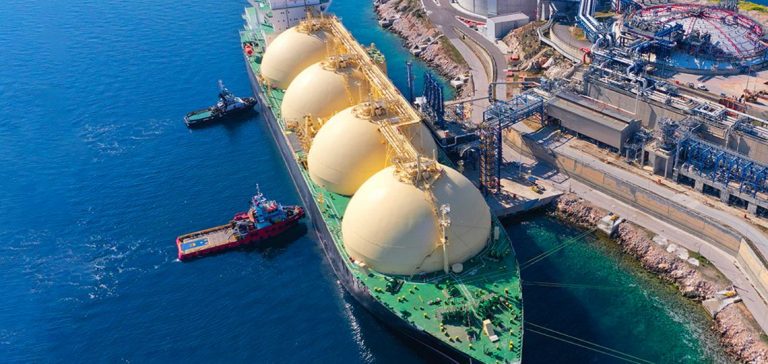The Asian liquefied natural gas (LNG) market is undergoing renewed dynamics with the announcement of new partnerships between Japan, South Korea, and Italy. These partnerships aim to diversify supplies, enhance contract flexibility, and ensure energy security in a context of increasing volatility.
Strategy of Japan and its partners
Japan, the second-largest LNG importer worldwide after China, is adopting a proactive strategy to reduce its dependency on traditional long-term contracts. In collaboration with South Korea, through JERA and KOGAS, and Italy, via the Japan Organization for Metals and Energy Security (JOGMEC) and Eni, Tokyo seeks to pool supplies and facilitate cargo exchanges. This approach addresses the growing demand for flexibility in “free-on-board” (FOB) contracts, often seen as too restrictive.
Implications for the LNG market in Asia
The cooperation between these countries could reshape the Asian LNG market, which has historically relied on long-term contracts indexed to oil prices. Now, initiatives are being launched to make this market more responsive and adaptable to fluctuations in supply and demand. Japan has committed to investing 10 billion dollars to support LNG infrastructure in Asia, thus strengthening the role of this resource in the region’s energy transition.
Italy’s role in the cooperation
The partnership with Italy, particularly with Eni, offers Japan a new supply source in Europe, reducing its dependency on traditional suppliers in the Middle East. This strategic collaboration could also enable Eni to strengthen its position in the global LNG market, while meeting the growing needs of Japan and South Korea.
Challenges and perspectives
However, challenges remain, notably the management of diverging interests between partners and the evolution of the global LNG market, marked by the rise of American exports and decarbonation objectives. Despite these obstacles, this trilateral cooperation could play a key role in establishing a more flexible and resilient LNG market in Asia.






















